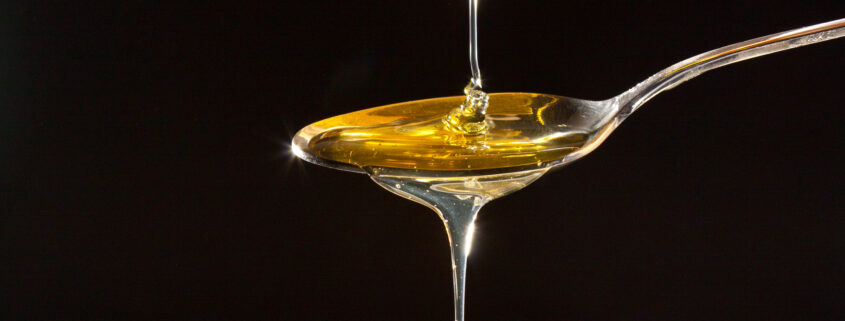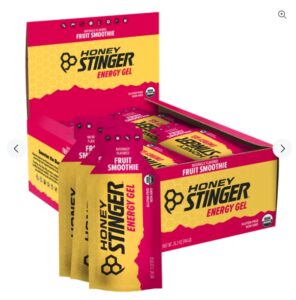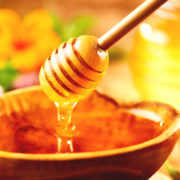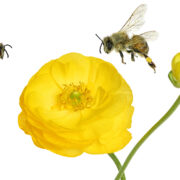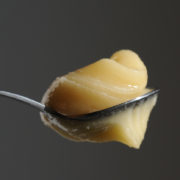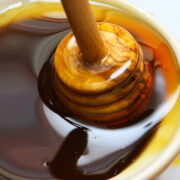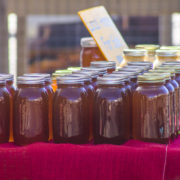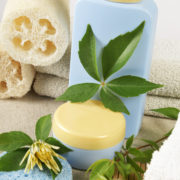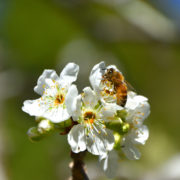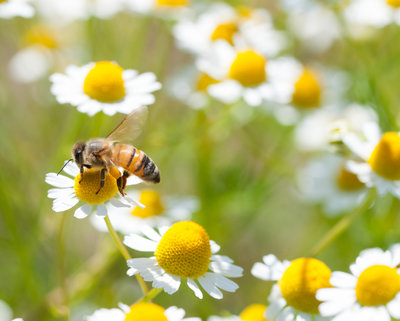Honey vs. Sugar for Athletes: A Sweet Showdown
Athletes know the importance of fueling their bodies during grueling workouts and competitions. That’s why sports drinks and energy gels, packed with sugar, electrolytes, and other performance-enhancing ingredients, have become staples in nearly every athlete’s toolbox. But what if there was a natural, healthier alternative that could actually outperform these conventional options?
Enter honey. This golden nectar, beloved for its taste and versatility, turns out to be a hidden weapon in the athlete’s arsenal. While the global market for sports drinks and energy gels stands at a staggering $28 billion and $500 million respectively, honey offers a compelling combination of benefits that make it a serious contender for the top spot.
The Science Behind the Buzz:
Both sports drinks and energy gels typically rely on sucrose, a simple sugar that provides a quick burst of energy. However, this burst is often followed by a dreaded crash, leaving athletes feeling sluggish and depleted. Honey, on the other hand, throws a one-two punch with its unique composition. It contains both glucose and fructose, sugars that the body absorbs differently:
- Glucose: This readily available sugar provides an immediate energy boost, just like sucrose. Think of it as the first responder in your body’s energy crisis.
- Fructose: This slow-burning sugar is a marathon runner, delivering sustained energy over a longer period. It’s like having a built-in backup battery that keeps you going when the initial glucose rush fades.
This dual action of honey ensures a longer-lasting, more consistent energy supply compared to pure sugar. Studies have shown that honey can improve athletic performance in various ways, including:
- Reduced fatigue: Honey’s sustained energy release helps athletes push harder for longer, delaying the onset of fatigue.
- Increased endurance: By keeping blood sugar levels stable, honey prevents the dreaded energy crashes that can derail performance.
- Improved glycogen replenishment: Glycogen is the body’s primary fuel storage for muscles. Honey helps replenish glycogen stores more effectively after exercise, aiding recovery.
Beyond the Basics:
Honey’s advantages extend beyond its sugar composition. Unlike sports drinks and gels, which are often packed with artificial ingredients, honey is a natural product. It contains small amounts of vitamins, minerals, and antioxidants that can further benefit athletes:
- Vitamins: B vitamins, essential for energy metabolism, are naturally present in honey.
- Minerals: Electrolytes like potassium, crucial for muscle function and nerve transmission, are found in honey.
- Antioxidants: These compounds help combat exercise-induced oxidative stress and promote recovery.
And honey comes with its own delicious flavor, eliminating the need for artificial sweeteners and colorings.
DIY or Premade? You Choose:
The best part? You can easily incorporate honey into your sports nutrition routine. Make your own energy gels by mixing honey with a sodium-potassium supplement and store them in portable plastic bags. Or, opt for the convenience of pre-packaged honey sports gels like those from Honey Stinger, which offer a variety of natural and effective formulations.
So, the next time you reach for that sugary sports drink or gel, remember the power of the humble honeybee. This natural wonder offers a delicious, healthy, and performance-enhancing alternative that can help you achieve your athletic goals without compromising your well-being. Give honey a try, and you might just discover your new secret weapon for conquering your next workout or competition.

